Gaps in Climate Change Education Identified from the ACCESS Kick-off Workshop
The Advanced Climate Change Education for Sustainable Futures and System Change (ACCESS) kick-off Workshop, held on September 16, 2024 in Hotel Himalaya, Kathmandu gathered together the most relevant stakeholders working on climate change education. The event was well attended by 48 participants from both academic and non-academic backgrounds, who engaged in meaningful conversations and provided suggestions in enhancing climate education.
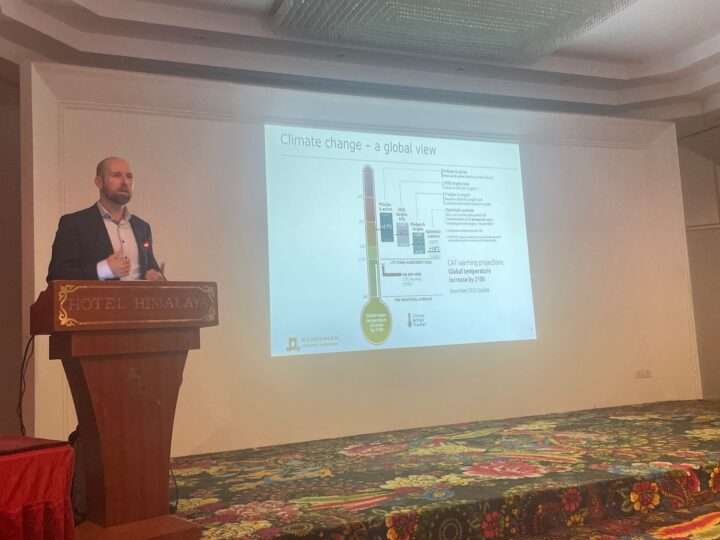
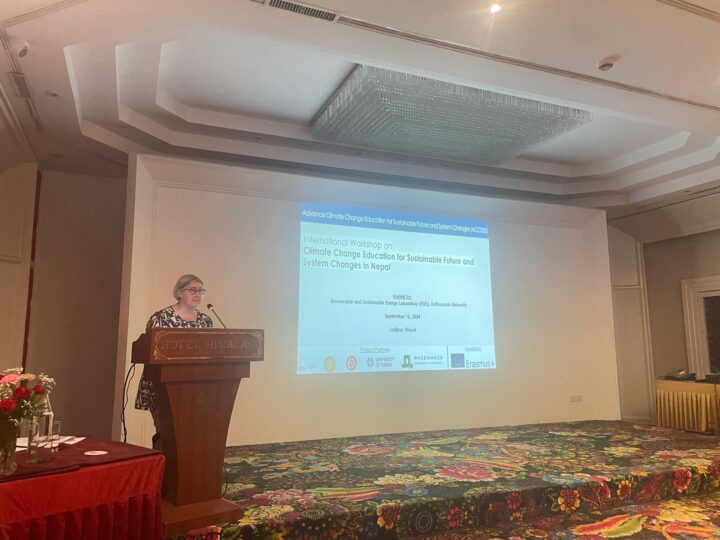
The workshop included an interactive session where participants engaged in three different topics:
- Enhancing Climate Change Education Through Digitalization of University Programs and Training Modules,
- Review of Climate Change Courses in Higher Education in Nepal, and
- Role of Universities in Providing Climate Change Education to Local Government and Communities.
The following points reflect the participant’s perspectives on addressing and identifying gaps related to advanced climate education.
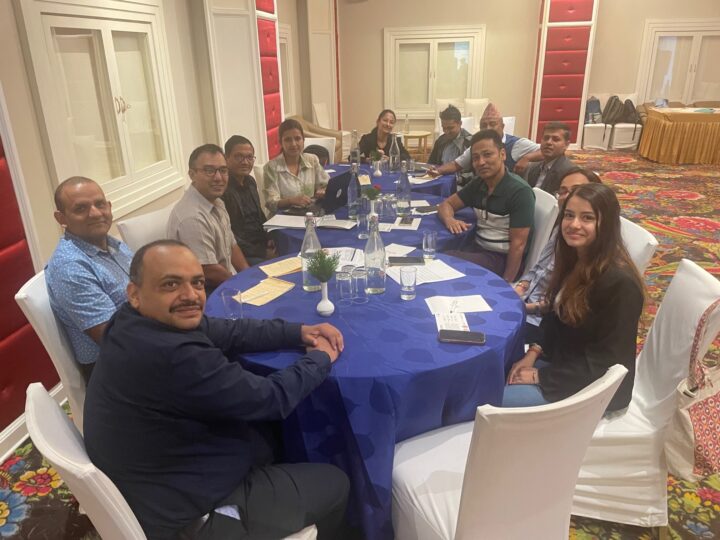
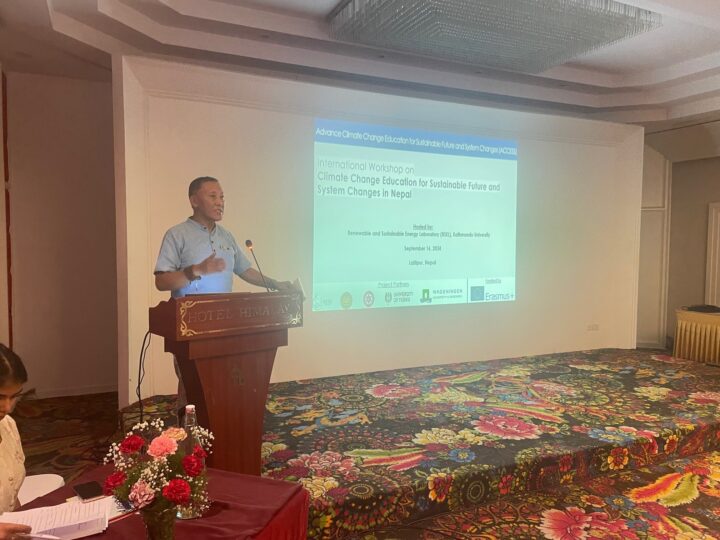
- Lack of infrastructure and resources for facilitating open courses:
The participants highlighted the need for better infrastructure to facilitate open courses, especially for climate education. Technologically, Nepal still has a long way to go to in digitalizing education, making access to online learning and digital materials challenging. As a solution, educational institutions should invest in expanding accessible technology, including learning platforms and digital libraries. Additionally, integrating hybrid pedagogical approach that combine online and in-person learning may enhance the learning outcomes.
- Expanding exposure of students to practical applications:
Many of the participants shared their experiences of difficulty in applying theoretical knowledge in real-world situations. The students often find it difficult to put theory into practice, despite a solid understanding of concepts. For this, the students should be provided additional opportunity for field visits whenever possible, so they can gain hands-on experience and understand its actual application.
- Changing the pedagogical approach:
The participants suggested that universities adopt a student-centered approach by involving students in activities like excursions and collaborations with societal stakeholders. The use of bottom-up approach would be beneficial for them by focusing on continuous feedback and skill development through mapping exercises, and skill assessments rather than relying entirely on final assessments.
- Gender inclusivity:
With women being one of the groups most affected by climate change crisis, a lack of gender inclusivity was revealed through the discussion. Thus, the focus should be on developing training programs and capacity buildings exercises that encourage women to take on leadership roles and actively be a part of policy and decision-making processes.
- Teacher and faculty training:
There is a limited faculty dedicated to advancing climate change research, along with outdated equipment for conducting experiments and simulations. The educators are not given sufficient trainings on climate-related topics, inhibiting them from effectively disseminating their knowledge to students. Without well-informed educators, students and communities miss critical information and strategies for mitigating or adapting to climate change. Hence, it is crucial to provide teacher with trainings and workshops to enhance their teaching approach.
- Research focused on implementation and policy-making:
Another main concern identified was the implementation of research findings. Research from universities is not effectively communicated to local governments or incorporated into policy-making processes. Due to which, valuable insights from climate research are not incorporated into practical policies, limiting mitigation and adaptation strategies. In order to ensure that evidence-based solutions are integrated into local practices, there should be stronger involvement between researchers and decision-makers.
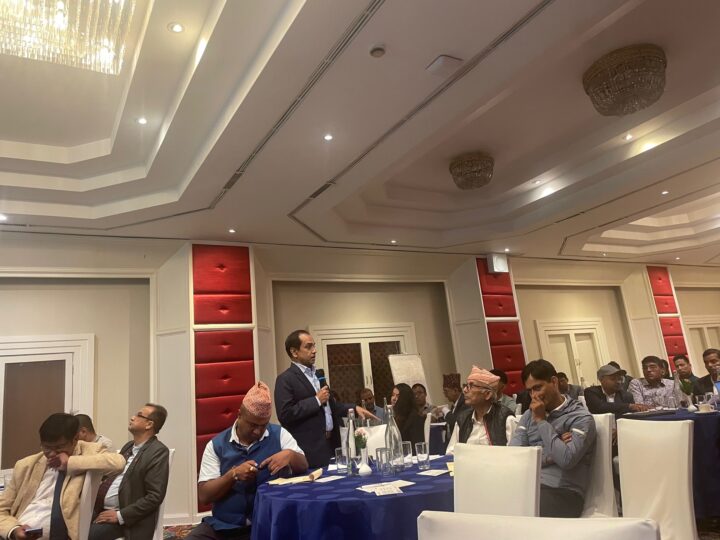
- Localizing climate education:
There is insufficient emphasis on actively engaging communities in practical, locally driven climate action projects or research initiatives. Climate change education often turns entirely theoretical and disengaged from local context and needs of the people. It has been observed that climate education in Nepal still lacks a local focus. The curriculum needs to address the unique climatic variation (ranging from tropical in Terai region to alpine in the northern Himalayas) and topography of the country. Thus, incorporating indigenous insights in the curriculum is essential for improving climate education and mitigating the impacts of climate-induced disasters.
The ACCESS colloquium is looking forward to tackling these identified needs in the following years of project implementation.